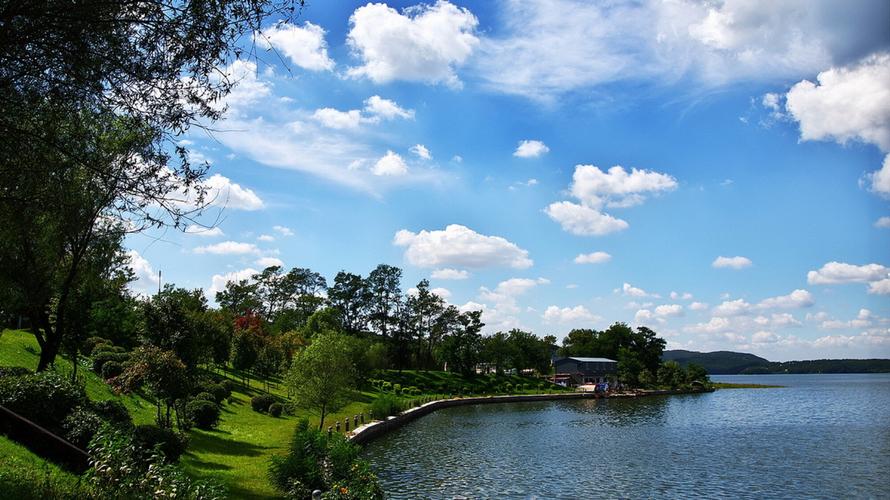Exploring The Fascinating Culture of Africa: Rituals, Traditions, and Beliefs
Africa’s cultural diversity is one of the most exciting experiences one can find in the world. With diverse ethnic groups, languages, and different innovations, there is a wide range of rituals, traditions, and beliefs that define its people’s distinctive identity. Since cultural heritage is passed on from one generation to another, African societies deeply respect and continue to honor their traditions, and their beliefs have been and still are passed down through generations.
The History of African Culture
The culture of Africa is incredibly vast and complex. It is rooted in the continent’s history, which dates back hundreds of years. African societies were mainly traditional and communal. Each community had its unique social, economic, and political system. For instance, before colonization, African societies had a matrilineal system where women played significant roles in their families and communities. Similarly, African societies passed on their traditions and beliefs through oral stories.
Traditions and Ceremonies
Traditional ceremonies and rituals are a core aspect of African cultures. They are used to celebrate and honor important events in a person’s life, such as childbirth, coming of age, marriage, and even death. For instance, in many African societies, a marriage ceremony is not just between two people but also between two different families. Here, families can bargain several cows, goats, or other items as part of the bride price. This tradition can be found in many societies, including the Zulu, Xhosa, and Shona.
Similarly, initiation rites are significant in several African societies. For example, the Masi tribe in Eastern Africa has a coming-of-age ceremony for boys aged 13-15 years. During the ceremony, boys are taken to an isolated place, where they undergo a rigorous training program over several months. Boys are taught to become men, and once the training is complete, they are officially recognized as adults in their community.
Religious Beliefs
Religion plays a significant role in African societies. Before the arrival of Christianity and Islam, African societies had their unique religious beliefs that were known as animism. Animism is the belief that natural objects, such as trees and rocks, have spiritual significance. Today, many societies still have traditional beliefs that incorporate animism.
Christianity and Islam have also influenced African societies heavily. They were introduced to the continent through colonization, and this led to the development of syncretic faiths, which are a mix of traditional beliefs and Christianity or Islam. For instance, Vodou is an African-American religion that originated in Haiti and is a mix of West African spiritual practices and the Catholic Church.
The Significance of African Culture
African culture is significant in several ways. Firstly, it helps African societies maintain their identity. Despite the influence of the Western cultures brought during colonization, many African societies still hold their unique cultural values, beliefs, and identities.
Secondly, African culture is essential in the preservation of history. Since African societies used oral traditions, maintaining and celebrating rituals, traditions, and beliefs helped them remember their past accurately.
Finally, African culture has contributed significantly to the world. From music and art to literature and food, many aspects of African culture have become famous worldwide. The African continent is an essential source of knowledge and cultural heritage that deserves to be preserved and celebrated.
Conclusion
In conclusion, African culture is diverse and fascinating. From traditional ceremonies and rituals to religious beliefs, each aspect of African culture plays a significant role in defining its people’s identity. It is essential to preserve and celebrate African culture since it contributes to the rich diversity of the world. By doing so, we can better appreciate the historic and cultural significance of Africa, its people, and its traditions.
(Note: Do you have knowledge or insights to share? Unlock new opportunities and expand your reach by joining our authors team. Click Registration to join us and share your expertise with our readers.)
Speech tips:
Please note that any statements involving politics will not be approved.
